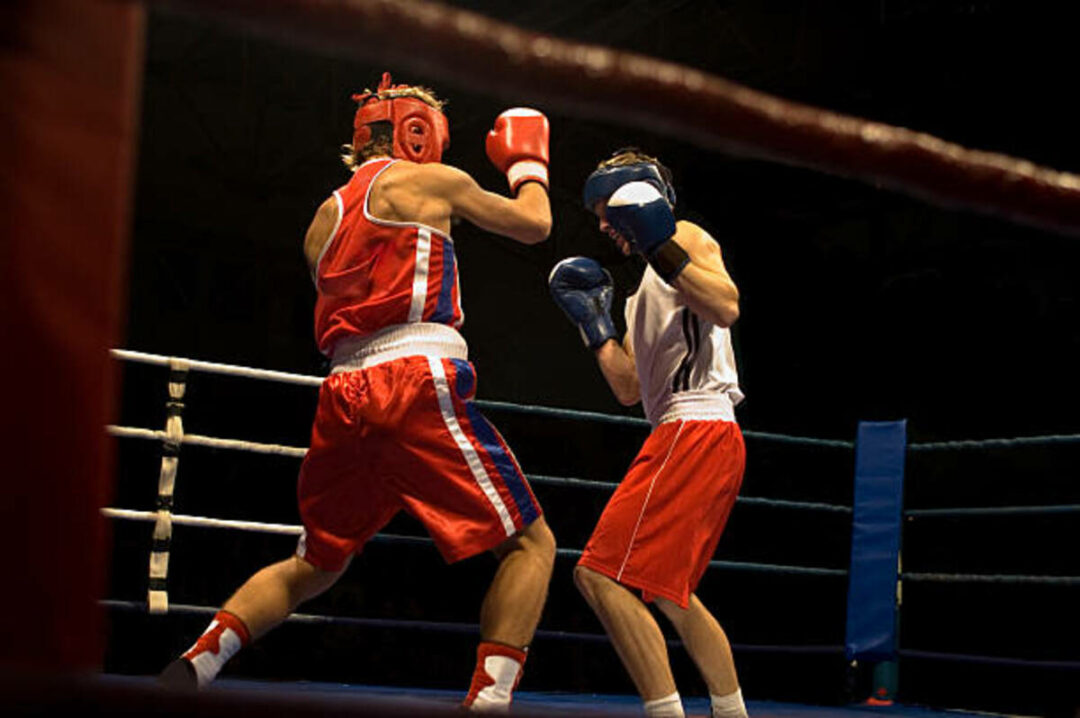Everyone is bound to make mistakes when learning a new skill or art. Boxing is among the easier martial arts to learn but among the toughest to master. The problem with mastering boxing is the huge number of people you’ll meet might seem intent on destroying your face with punches as soon as the bell goes. This minor inconvenience hinders thousands of people from mastering boxing.
Some people benefit from their natural skills like hand-eye coordination, speed, strength and stamina, but all fighters are mentally and physically different. You can improve that with exercises, sparring, drills and factual fights, but you’ll need to avoid some common mistakes boxing amateurs make when training or fighting.
Here are common mistakes that amateur boxers should avoid to advance in the sport. Amateur boxers looking to expand their knowledge on betting on boxing with Swedish sites can also browse https://casinonutansvensklicens.net/ for advice on avoiding common wagering mistakes.
1. Going too fast and hard
Going too fast or too hard is among amateur boxers’ most common mistakes. It might feel remarkable to hit several good punches early in a match, but it will exhaust your energy and reduce your chances of surviving the upcoming rounds. It also makes it hard to win the fight as the opponent will have enough energy to throw accurate punches.
You’ll need to reserve enough energy for later rounds. That’s why endurance building is important for athletes to be in shape to last the full 36 minutes. Train on how to make your opponents exhaust their energy with effective body movements and dodging instead of launching a fast punching attack immediately after the bell rings.
2. Breaking Stance
Many amateur boxers often make the mistake of breaking the stance when training and fighting. That makes it hard for a boxer to throw accurate punches. Having the right posture is important for throwing punches accurately and helps you avoid giving your opponent an advantage over you.
As professional boxers will advise about your stance, your feet need to be shoulder-width apart, with the knees bent slightly and the chest turned slightly towards the opponent. You should also keep your left hand in front of your face and your right hand by your chin.
Breaking this posture makes it easy for your opponent to launch a punching blow and hit you on the face. For that reason, avoid breaking your stance when training and fighting.
3. Losing Breath Control
Holding your breath while throwing punches is a colossal mistake you might make as an amateur boxer. Holding your breath affects the strength of your punches, so always breathe out as you throw punches. That gives your punches more power.
Holding your breath while fighting an opponent will also tire you quickly. Always ensure you have enough breath control and know the ideal time to exhale or hold on to it. Boxing professionals also suggest breathing slowly when training or fighting as it keeps you fresh and calm. Your breathing must also match your body movements to have the edge over your opponents.
4. Dropping Hands
Most amateur boxers drop their hands when they throw a punch. Dropping your hands is a huge mistake that affects your speed and performance. That will benefit your adversary, giving them more time to throw a counterattack.
To stay safe, returning your hands to their original position in your stance after throwing a punch is important. After throwing each punch, bring your hands back to your face to protect yourself and easily launch a counterattack on your adversary.
5. Drinking excess water
Drinking excess water during workouts and exercises is a basic mistake, yet many new boxers make it. Of course, keeping yourself hydrated while working out is essential, but excessively using water will cause you trouble.
In extreme cases, drinking excess water leads to bloating, and you might face abdominal pains and stomach aches. Take small sips of water during your boxing workouts and training sessions to avoid that possibility. After training or sparring sessions, drink as much water as you want to rehydrate.

6. Hesitating to throw punches
Most amateur boxers hesitate to throw punches against their opponents. Hesitating to punch your opponents gives them more chances to get an advantage over you and land a good hit. Avoid hesitating at all times, and remember your opponent is waiting for the right moment to hit you. So, it’s wise to hit him before he lands a good punch.
To overcome the flaw of hesitating, train and test different scenario-based moves that will boost your confidence to attack your opponent properly. Be prepared to act fast while in the ring to ensure your competitor doesn’t have an advantage over you. Also, work on your offense and blocking tactics to keep improving your game.
7. Throwing arm punches
Many boxing beginners only use their hands to throw punches and keep other body parts motionless. However, boxing requires the use of more than just your hands. The punching process involves your entire body.
According to pro boxers, your punch gets its power from your hips, waist and legs. To land the perfect punch, you need to bend your knees, shift your chest towards your opponent and transfer all the energy from your waist to the shoulder connecting to the fist you’re using. That will give your punch a lot of power and greatly impact your opponent.
8. Excessive Headhunting
Too much headhunting might seem like a smart strategy to win a fight, but it’s a costly mistake. When you’re headhunting, you’ll be aiming for a knockout blow that is powerful enough to end the game in its early stages. However, you might be overlooking other great target areas that might need your attention.
Most professional boxers use a planned approach when attacking their opponents using different technique combos. Use your time to force your adversaries to drop their guard to give you a chance to launch your punching weapon and turn the bout in your favor.
9. Excessive training
Overtraining deprives your body the time it requires to rest. Consequently, your muscles will grow more than the body can handle, resulting in severe injuries while sparring or training. Your body needs enough time to rest after working out, so overburdening it won’t help you even while preparing for an upcoming competition.


